Surendra Nath
Subscribe to read full article
This section is for paid subscribers only. Our subscription is only $37/- for one full year.
You get unlimited access to all paid section and features on the website with this subscription.
Not ready for a full subscription?
You can access this article for $2 , and have it saved to your account for one year.
- Real Name: Surendra Nath Sharma
- Born: 11 November, 1910
- Died: 11 September, 1987
- Primary Cinema: Hindi
- Parents: Ralia Ram Sharma
- Spouse: Satya Rishi
- Children: Sunita, Jeetendranath, Kailash, Rohini
Popular singing star of the 1930s and 1940s, Surendra Nath is known for films such as Anmol Ghadi (1946), Baiju Bawra (1952), Waqt (1965), Milan (1967), An Evening In Paris (1968), Abhi To Jee Lein (1977), Aadha Din Aadhee Raat (1977) and Fauji (1976). A cinematic icon of yesteryears, his work forms an important part of the early musicals of cinematic history. He remains especially memorable for the evergreen duet Aawaz de kahan hai which he rendered along with Noorjehan. A qualified lawyer who saw significant success as an actor-singer, he later graduated to character roles before retiring from films to venture into ad filmmaking.
Born on 11 November, 1910 in Punjab, Surendra Nath was a lawyer by education. On the recommendation of a distributor friend, he came to Bombay to try his luck as a singer. He went on to be handpicked by director Mehboob Khan for Sagar Movietone’s Deccan Queen (1936), which was Khan’s second directorial venture. Apparently, Ardeshir Irani, who had made the first talkie Alam Ara (1931), had decided to start another new company Sagar Movietone as a subsidiary to his already existing Imperial Film Company, in partnership with two of his associates. Mehboob Khan was transferred to the new company as head of production. Sagar Movietone, at the time, was keen to find a singing star to offset New Theatres Calcutta’s singing sensation Kundan Lal Saigal as Saigal, after all, had become a fond favourite across the country post the release of Devdas (1935). Impressed by the tall and handsome Surendra Nath who could also sing well, Mehboob Khan decided to cast him for Deccan Queen. He was even given a song Birha ki aag lagi more man mein, the tune of which imitated Saigal’s hit song Balam aayo baso mere man mein from his hit film Devdas (1935). His debut also incidently marked the first 'stunt' film of Sagar Movitone and got him instant recognition and love from the audiences for his singing and acting skills. The film credits mentioned him as Surendra Nath B.A., L.L.B., his qualifications apparently added on the insistence of his family.
With Deccan Queen becoming a hit, he was instantly recognised as a ‘singing star’ of immense potential. When his second film Manmohan (1936) also released to commercial success, Surendra Nath came to be referred to by some sections of the industry as ‘Bombay’s Saigal’! The film Manmohan also bore a few traces of the classic Devdas tale, telling the journey of two childhood friends into adulthood. The film paired him opposite singer-actress Bibbo. It ran for 50 weeks at Bombay’s Imperial cinema and included the chartbuster duet Tumne mujhko prem sikhaya, the music for was arranged by a young Anil Biswas, who had not yet started out on his own.
The singer-actor went on to feature in Mehboob Khan's romantic thriller Jagirdar (1937). He played father to Motilal in the film. The long-lasting association between him and director Mehboob Khan resulted in around eight films together including the 1940 film Alibaba, which saw the singer-actor play a double role, essaying both Ali Baba as well as his son, and the 1940 classic Aurat. The film, based on the sacrifices made by an Indian peasant woman and the hardships faced by her, would be remade by Khan 17 years later as the magnum opus Mother India (1957); Aurat featured Surendra Nath in the role of the elder son, which would be played by Rajendra Kumar in the later film. Aurat was released to widespread acclaim, hailed for its realistic and natural treatment, and is considered a milestone of Hindi cinema.
In his long career he was paired opposite some of biggest singer-actresses of the time and rendered several hit duets with stars such as Noorjehan, Suraiya, Bibbo, Khurshid, and Naseem Bano. Some of his popular films in which he appeared as a singer-actor were Gramophone Singer (1938), Elaan (1940), Gharib (1942), 1857 (1943) with Suraiyya, Lal Haveli (1944) with Noorjehan, Manjdhar (1947) with Khurshid, and Meri Kahani (1948). His duet with Noojehan in Anmol Ghadi - Aawaz de kahan hai remains evergreen. The film included another poignant solo number by him - Kyun yaad aa rahe hain guzare hue zamaane. He also rendered popular songs scored by Naushad in the love triangle Anokhi Ada (1948). The film also featureing Naseem Bano and Prem Adib, saw him playing a grey character who becomes possessive of his love for Naseem Bano, knowing that she has suffered a loss of memory and had loved another man before her accident.
With the introduction of playback singing in Hindi cinema, the era of singing stars gradually declined. Gawaiyaa (1954) was Surendar Nath's last film as a singing actor. Over a course of time he appeared in numerous character roles in the last two decades of his career. These include Dil Deke Dekho (1959), Hariyali Aur Raasta (1962), 36 Ghante (1974), Geet Gaya Pathron Ne (1964), Johar Mehmood in Goa (1965), Saraswati Chandra (1968), among others. He essayed the role of Tansen in the Vijay Bhatt super-hit directorial Baiju Bawra (1953), in which he featured in a song sung by noted classical singer Ustad Amir Khan. He essayed the same role yet again in K Asif’s Mughal-e-Azam (1960) featuring in the song sung by classical exponent Bade Ghulam Ali Khan. Interestingly, though he features in only a couple of shots in the film, director K Asif and music director Naushad decided on Surendra Nath for the role, convinced that only an accomplished singer like him could do justice to the song.
In the late 60s the actor started getting cast as father to lead actresses in films such as Milan (1967), Waqt and An Evening In Paris (1968) among others. He last featured as an actor in the film Abhi Toh Jee Lein (1977), post which he retired from films. He went on to start his own advertising company and made commercials. His son Kailash Surendranath followed in his footsteps, as a well-known ad film director with his own company.
Surendra Nath passed away on 11 September, 1987. He was 76. His body of work forms an important part of the early musicals of Hindi cinema history.
-
Filmography (14)
SortRole
-
Raahu Ketu 1978
-
Abhi To Jee Lein 1977
-
Fauji 1976
-
Kabeela 1976
-
Baazaar Band Karo 1974
-
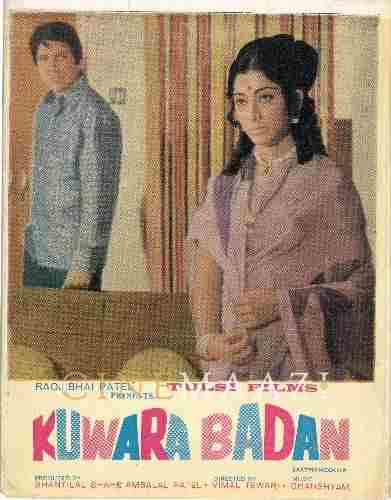
Kuwara Badan 1973
-
Kunwaaraa Badan 1973
-
Mele Mitran De 1972
-
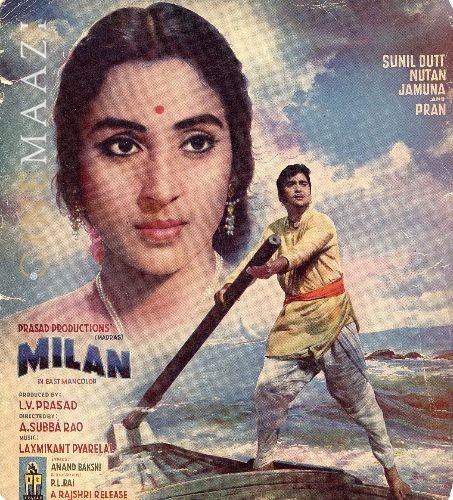
Milan 1967
-
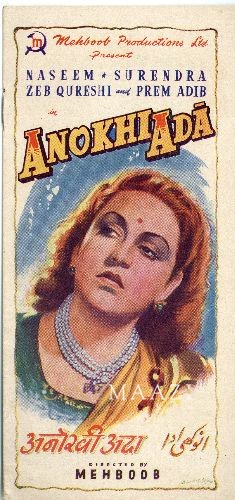
Anokhi Ada 1948
-
Panihari 1946
-




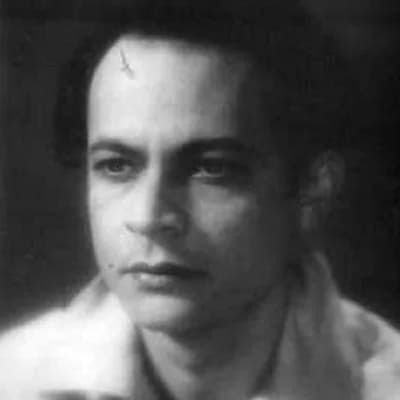
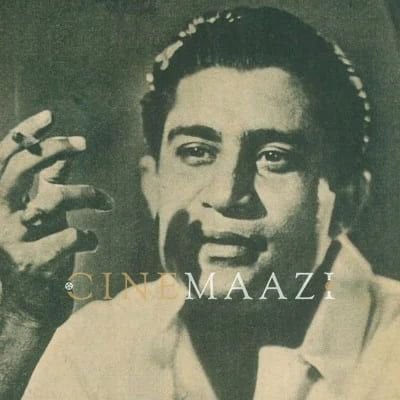
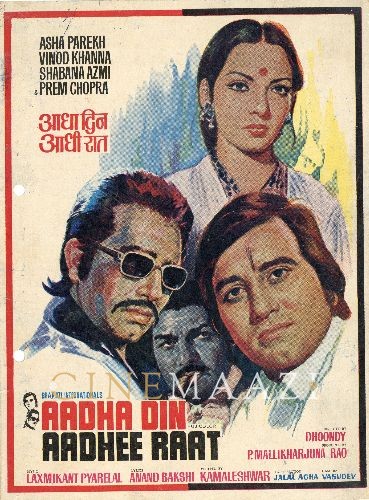
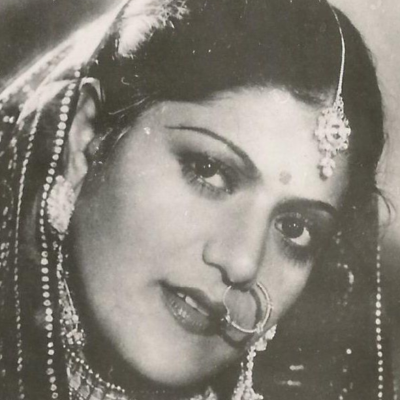

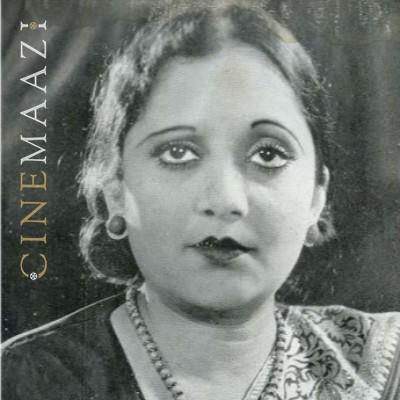
.jpg)



